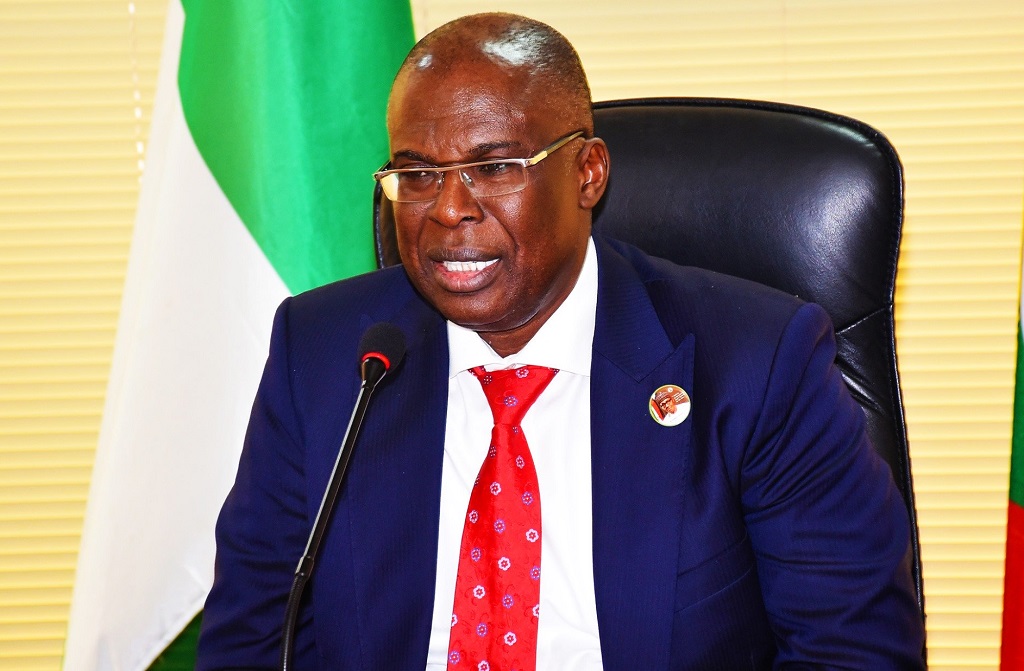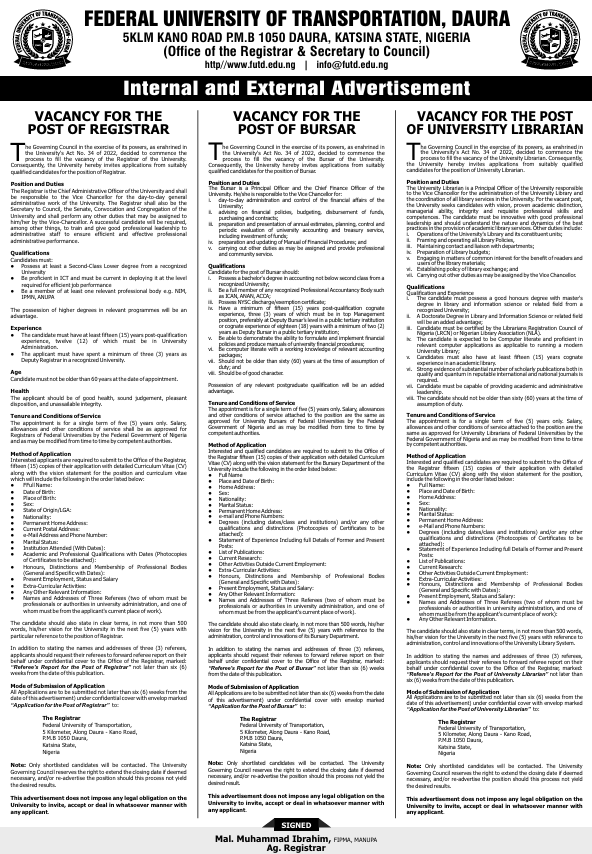The Minister of State for Petroleum Resources, Chief Timipre Sylva, has revealed that the Federal Government is not currently financially able to pay subsidy, as the COVID-19 pandemic had impacted negatively on the country’s finances.
Addressing newsmen in Abuja, Sylva also disclosed that since the introduction of the deregulation policy in March 2020, the country had saved about N1 trillion.
He further revealed that the Federal Government had concluded plans to merge the Petroleum Products Pricing Regulatory Agency, PPPRA, and the Petroleum Equalisation Fund, PEF, into one agency called ‘The Authority’.
Sylva remarked that the deregulation of the downstream petroleum sector and the removal of subsidy had become inevitable, especially with the effect of the COVID-19 pandemic, the low crude oil prices and curtailing of Nigeria’s production output by OPEC, which had constrained government’s revenue.
He said, “It became necessary that the country cannot sustain subsidy payments, hence the decision to deregulate. Government has stopped subsidizing petrol at the pump, but will now play its traditional role of protecting consumers from exploitation, by ensuring that marketers do not profiteer at the expense of ordinary Nigerians and consumers of the product.
READ ALSO: OPEC+ reduces output by 7.7m barrels per day
“We are no longer in the business of fixing prices; we have stepped back and allowed market forces to determine the prices.
Henceforth, if the crude oil price goes up or down, it would reflect at the pumps.
“This is about the survival of the country and there are certain things the country can afford at this time. We have cut production to 1.412 million barrels, which had halved our earnings.”
He added that the revenue that is currently available to the government had reduced considerably, and has raised the question of where would the government get the money to pay the subsidy.
“It is a necessary policy; we would get over this initial pain, with time, we would get past it,” Sylva maintained.
He further explained that the savings of about N1 trillion since the removal of subsidy comes from the expulsion of N500 billion earmarked for subsidy payment in the 2020 budget and the removal of foreign exchange differentials, which saved the country around N500 billion also.
To cushion the effect of the removal on Nigerians, Sylva said the Federal Government was fast-tracking the nationwide roll-out of cleaner and cheaper alternative to premium Motor Spirit, PMS, also known as petrol, such as liquefied Petroleum Gas, LPG, and Compressed Natural Gas, CNG.
He said: “We think the solution to this should be sustainable, hence the palliative that the government is considering, is that we are introducing a fuel that is cheaper and better. In the end, I do not think people would feel the increase that much, as gas would be cheaper by half than PMS.
“The Central Bank of Nigeria, CBN, had introduced new funds for Nigerians at cheaper rates.”
READ ALSO: NNPC increases petrol depot price to N151.56
He further stated that the government was monitoring the prices, using its templates, to ensure the prices that marketers would churn out are fair, while he promised that any marketer found charging prices beyond the range it knows is fair, would be sanctioned.
PPPRA, PEF to be merged
Sylva also added that the PPPRA and the PEF would still be relevant to serve as a regulator on the industry, noting that without PPPRA and PEF, it would be difficult to deal with profiteers. However, he disclosed that the PPPRA and PEF would not exist as they currently are, stating that with the passage of the Petroleum Industry Bill, PIB, the two organisations would be merged into one and called ‘The Authority’, to help monitor the downstream sector.













